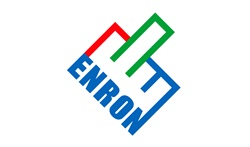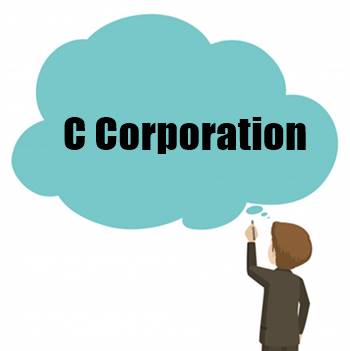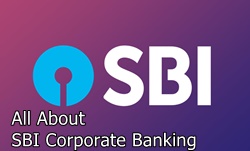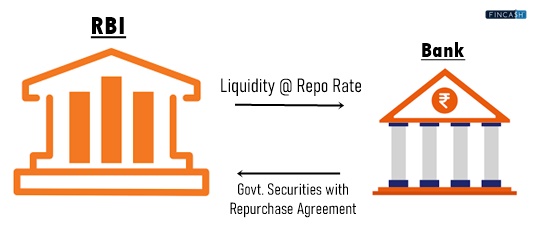Everything About Enron Corporation
The Enron scandal is arguably the world's largest, most complicated, and most well-known Accounting scandal.

Enron Corporation, US-based energy, commodities, and services company, was able to deceive its investors into believing that the company performed far better than it was.
Briefly Understanding Enron
Enron's stock reached an all-time high of $90.75 in mid-2001 when the firm was at its pinnacle. The shares dropped over several months as the scam was revealed, reaching an all-time low of $0.26 in November 2001.
The affair was particularly concerning because such a large-scale deception operation could go undetected for so long and how regulatory authorities failed to intervene. In conjunction with the WorldCom (MCI) debacle, the Enron disaster revealed the extent to which corporations exploited legal loopholes.
The Sarbanes-Oxley Act got into action to respond to the increased scrutiny to protect shareholders by making company disclosures more accurate and transparent.
Origin of Enron's Energy
Enron was founded in 1985 when Omaha-based InterNorth Incorporated and Houston Natural Gas Company merged to become Enron. Kenneth Lay, the former CEO of Houston Natural Gas, became Enron's CEO and chair after the merger. Enron was immediately rebranded as an energy dealer and supplier by Lay. Enron was prepared to profit from the deregulation of the energy markets, which allowed corporations to wager on future costs. In 1990 Lay founded the Enron Finance Corporation and named Jeffrey Skilling its CEO after being impressed by his entire work as a McKinsey & Company consultant. Skilling was one of McKinsey's youngest partners at the time.
Skilling came to Enron at a convenient time. Because of the era's lax regulatory framework, Enron was able to thrive. The dot-com bubble was in full swing towards the end of the 1990s, and the Nasdaq had reached 5,000 points. Most investors and authorities accepted soaring share prices as the new normal because revolutionary internet stocks were valued at absurdly high levels.
Talk to our investment specialist
Accounting on Mark-to-Market Basis (MTM)
Mark-to-market (MTM) accounting was the primary strategy used by Enron to "cook its books." Assets can be reflected on a company's balance sheet at their fair market value under MTM accounting (as opposed to their book values). Companies can also use MTM to list their profits as forecasts rather than actual figures.
If a corporation were to disclose its predicted cash flows from a new plant, property, and equipment (PP&E), such as a factory, it would utilize MTM accounting. Companies would naturally be motivated to be as upbeat as possible about their prospects. It would help boost their stock price and entice more investors to participate in the company.
MTM in Enron Scandal
Fair values are difficult to discern, and even Enron CEO Jeff Skilling struggled to explain where everything on the company's financial statements originated from to financial reporters. In an interview, Skilling indicated that the statistics presented to analysts were "black box" numbers that were difficult to nail down owing to Enron's wholesale nature but that they could be believed.
In the scenario of Enron, the actual cash flows generated by its assets were lower than the cash flows detailed to the Securities and Exchange Commission (SEC) using the MTM approach. Enron set up a variety of exceptional shell firms known as Special Purpose Entities to hide the losses (SPEs).
The losses get documented in the SPEs using more typical cost accounting methods, but it would be nearly impossible to trace them back to Enron. The vast majority of SPEs were private corporations with merely a paper existence. As a result, financial analysts and reporters were utterly unaware of their existence.
Conflicts in Organizations
What happened in the Enron controversy was that there was a significant amount of knowledge asymmetry between the company's management team and its investors. It most likely occurred as a result of the management team's incentives. Many C-suite executives, for example, are paid in company stock and receive bonuses when the stock reaches predefined price thresholds.
As a result, Skilling and his team grew adamant about raising Enron's stock price in the hopes of increasing their income as a result of their managerial incentives. Companies are now considerably warier of agency concerns and misalignment of corporate objectives against managerial incentives due to the Enron crisis.
All efforts have been made to ensure the information provided here is accurate. However, no guarantees are made regarding correctness of data. Please verify with scheme information document before making any investment.












